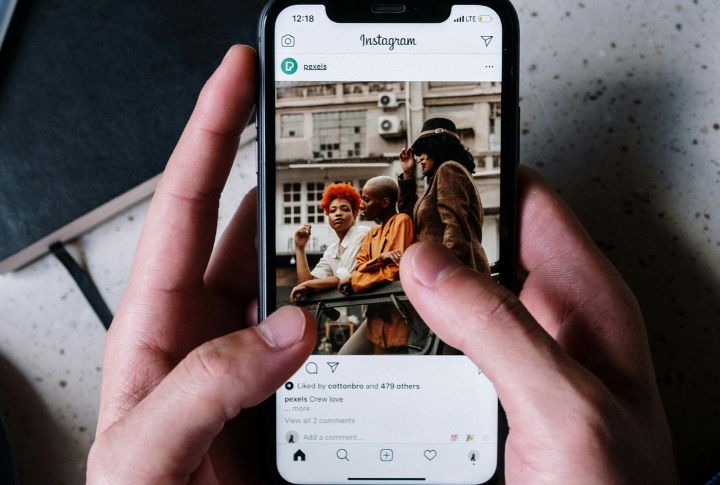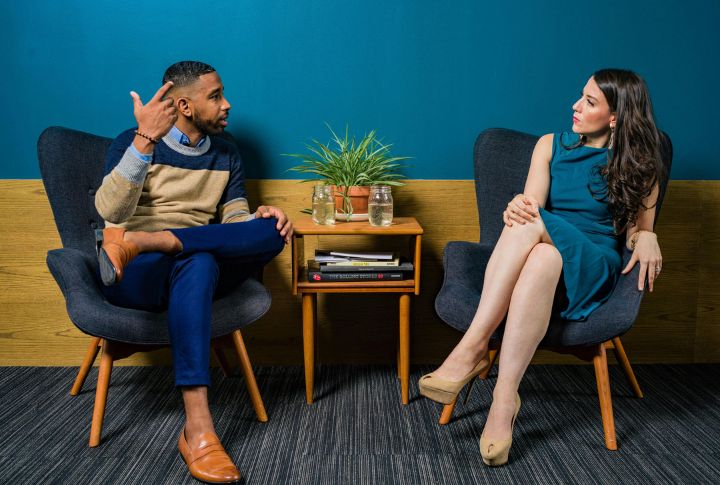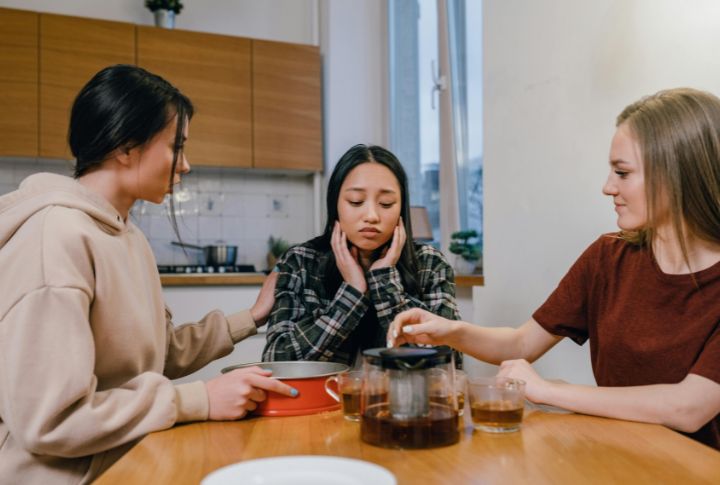
Everyone enjoys being around kind and loving people. Their warmth brightens any room, and friends bring comfort, laughter, and a true sense of belonging. Yet even the most gentle souls can struggle to form deep, lasting bonds because some personality traits quietly create this gap. Explore these 20 traits and find how they shape social experiences—understanding them could change the way you connect with others.
Preferring Texts Instead Of Meeting Up

Thoughtful and considerate people often choose text to avoid imposing or creating awkward moments. Their intentions remain considerate, but messages strip away subtle cues of tone and expression. Others may appreciate the effort, yet the warmth behind their words rarely translates into strong, face-to-face connections.
Script-Conscious Conversations

Every interaction feels like a performance, with rehearsed agendas and prewritten responses. When a real conversation strays from the mental script, they falter or fall back on cliches. Even though they’re genuinely kind, this hyper-vigilant self-editing keeps exchanges staged, making it hard for others to sense their warmth or form lasting friendships.
Feeling Too Shy To Ask For Help

A constant worry about inconveniencing others creates a strong withdrawal reflex. Individuals automatically pull back, limiting their requests for simple help or outreach. Sadly, outsiders misread this self-protective distance as sheer disinterest. That self-imposed isolation ironically ends up validating the exact fear that started it all.
Dodging Small Disagreements

Minor friction and small conflicts are unavoidable pieces of any close bond. However, kind individuals who struggle constantly flee these little arguments. The quick text-based excuse feels much simpler than having an awkward conversation. The avoidance quickly transforms minor misunderstandings into massive, difficult, unbridgeable social gaps.
Waiting For Others To Make Plans

These individuals live in a state of passive readiness. They won’t initiate and simply observe their friends’ lives on social media, waiting for an invitation to materialize. Liking a post replaces the hard work of reaching out. Technology further creates a passive comfort zone that masks true desires for friendship and makes one appear aloof or truly uninterested.
Sticking To Safe, Surface-Level Talk

Many find it difficult to move beyond quick updates and safe, superficial chit-chat. The discussion also remains focused on non-personal topics and deliberately avoids anything remotely deep. People exchange daily digital notes, gradually building a thin illusion of connection. Real trust, however, requires sharing personal stories and vulnerabilities, which surface chats never achieve.
Bouncing Between Groups Without Settling In

Lovely individuals share smiles and kindness freely, yet they rarely anchor themselves to one circle. They wish to belong, but fear of vulnerability keeps them at arm’s length. That quiet separation makes genuine closeness rare, even when their heart long for lasting friendship.
Always Playing The Therapist

You become the go-to person everyone calls for advice, the constant emotional support for your entire circle. People instinctively seek out your deep empathy, sharing their struggles endlessly. Your own difficulties, meanwhile, stay carefully hidden away. This cycle eventually leads to emotional exhaustion because the most genuinely caring friends need someone to lean on, too.
Taking Tiny Slights Way Too Personally

Innate sensitivity can become a liability, especially inside digital spaces that lack any context. Individuals overanalyze every single detail, from slow responses to phrasing. The absence of tone leads neutral interactions to be misinterpreted as coldness or rejection and triggers intense, unnecessary personal distress.
Only Comfortable In Planned Or Structured Events

For certain people, social ease only exists inside a specific, pre-organized structure. Social life is limited entirely to scheduled activities, classes, or formal hobbies. They miss out on the vital, spontaneous bonding that happens during unplanned hangouts. After all, true closeness blooms best in the unexpected, casual moments outside a fixed agenda.
Overwhelming Friends With Unfiltered Enthusiasm

An overwhelming enthusiasm for friendship can inadvertently push others away. This is because a massive abundance of eagerness and responsiveness creates an intense pressure on the receiving end. Friends start feeling smothered, which often leads to their quiet withdrawal. The result is a cycle of one person pursuing hard and the other constantly retreating.
Believing You Don’t Really Fit In

A powerful, private conviction exists: “I am wired differently than everyone else.” This persistent belief influences every social move, turning group texts into complex emotional puzzles. The conviction of being unrelatable spirals outward until awkwardness takes over, and self-isolation begins to feel like the only comfortable option left.
Over-Apologizing For The Smallest Things

Every small mistake, like a late reply or a casual comment, sparks a flood of “sorrys.” While being polite is sweet, constant apologizing can make even close friends uneasy. It hints at a hidden fragility beneath the kindness and creates awkwardness instead of comfort.
Lacking A Clear Sense Of Who You Are

Lovely people shine through their kindness, but they frequently suppress parts of themselves to please others. That careful adaptation hides their authentic voice, making it hard for anyone to know the real person behind the smile. Unfortunately, true intimacy remains elusive.
Comparing Your Friendships To Others’ Highlight Reels

Empathetic individuals witness picture-perfect gatherings on social media while their own bonds feel ordinary. Their care and attention are real, yet comparison fuels a silent sense of deficit. Online visibility of events they miss further reinforces the gap between intent and experience, leaving emotional distance despite true affection.
Expecting Perfect, Fairy-Tale Connections

Thoughtful people sometimes imagine friendships as seamless and perfect. Although the sincerity remains intact, human interaction rarely aligns with fantasy. The mismatch creates quiet disappointment, masking their warmth and making it harder for others to engage with the kind, genuine selves they bring to every relationship.
Showing Relentless Positivity As Emotional Defense

They wear optimism like armor and turn every complaint into a “learning opportunity” or every worry into “just a phase.” Their cheerfulness feels uplifting—until you need them to sit in the hard stuff with you. This upbeat shield also pushes away their own and others’ darker moments and prevents any genuine emotional connection from forming.
Expressing Affection Through Gifts, Not Time

Thoughtful gifting comes naturally to some, whether it’s care packages or surprise deliveries, each one a heartfelt gesture. But over time, these tokens can quietly shift from sweet to stressful. Friends may feel pressured to reciprocate or fear they are falling short, and can even turn a kind gesture into an unintended emotional burden.
Overthinking Every Social Cue

Simple social interactions instantly transform into complex, mentally exhausting puzzles. Kind people constantly overthink all social cues, obsessing over text phrasing, emoji choices, or subtle gestures. Such an intense, analytical spiral generates a profound layer of anxiety, making both in-person and digital friendships incredibly difficult and immensely stressful to handle.
Minimizing Their Own Achievements

They habitually downplay or hide recent successes, convinced that celebrating personal wins will make others uncomfortable. By keeping their highs under wraps, they deprive friends of shared excitement and leave no openings for mutual encouragement. Over time, peers miss chances to bond over joy, and the relationship lacks the energizing spark that comes from genuine celebration.

